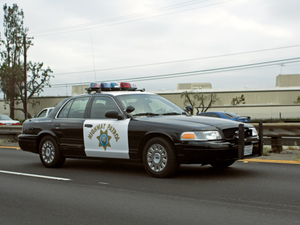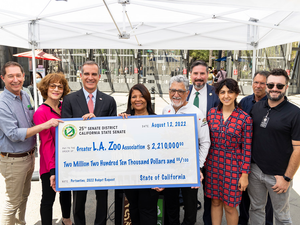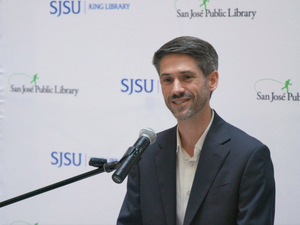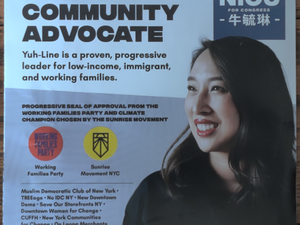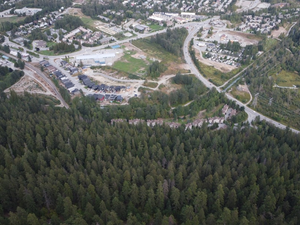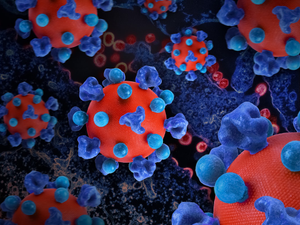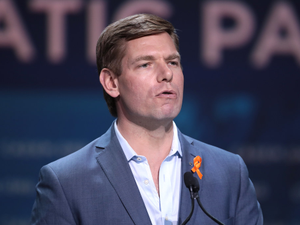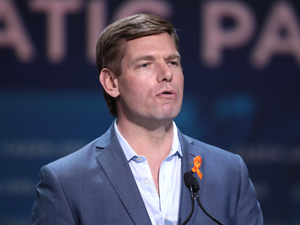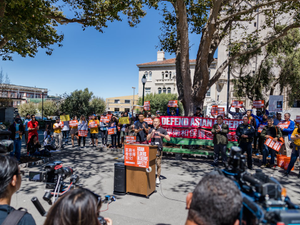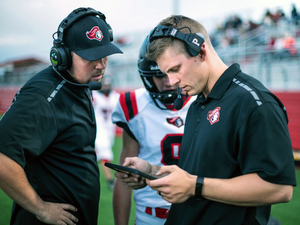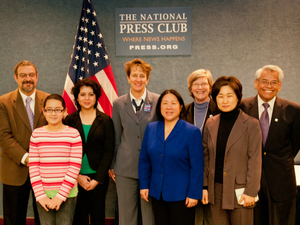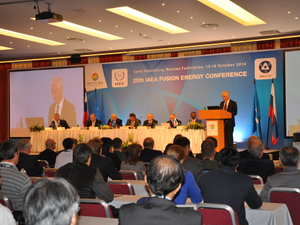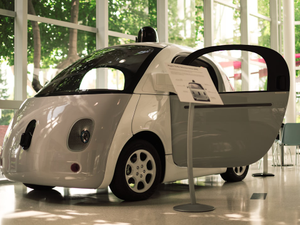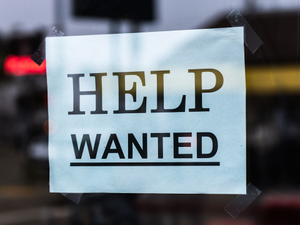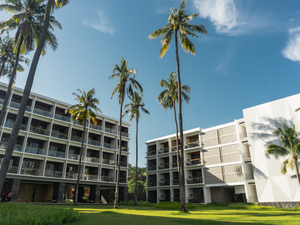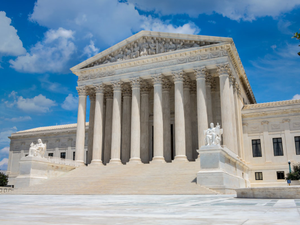Food Rescue Revolution: How Silicon Valley is Turning Surplus into Support
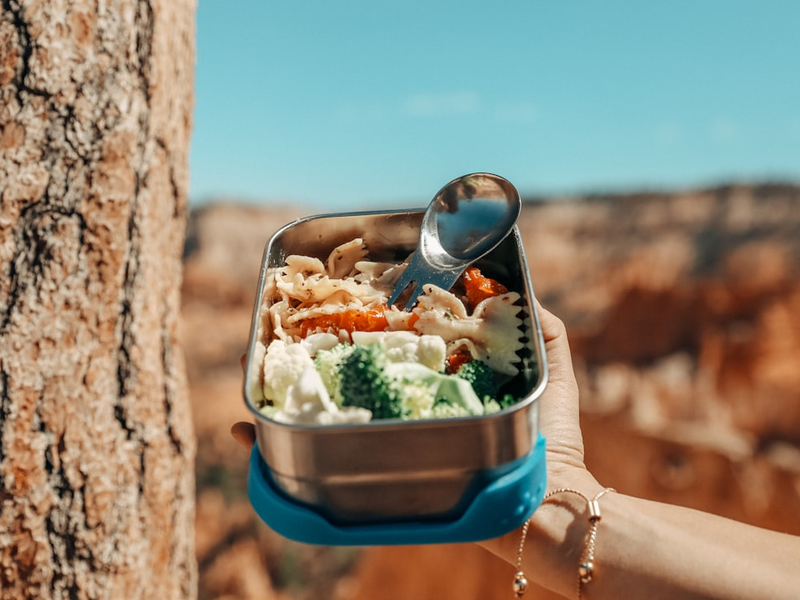
Photo by Sandra Harris on Unsplash
Santa Clara County is changing the game in food distribution, proving that innovation can tackle multiple social challenges at once. A groundbreaking food recovery program is now installing commercial refrigerators in affordable housing developments, ensuring residents have direct access to fresh, nutritious meals.
The initiative, managed by Joint Venture Silicon Valley’s Food Recovery Initiative, partners with nonprofit Martha’s Kitchen to deliver surplus produce and ready-to-eat meals twice weekly. Currently serving five affordable housing sites across San Jose, Mountain View, and Palo Alto, the program aims to expand its reach.
This effort stems from Senate Bill 1383, a landmark legislation passed in 2022 that mandates recovering 20% of edible food that would otherwise be disposed of. Bill Lee, Martha’s Kitchen Executive Director, emphasizes the program’s multifaceted benefits: addressing food insecurity, reducing waste, and mitigating climate change by preventing methane emissions from discarded food.
Previously, grocery stores hesitated to donate food due to potential legal risks. Now, businesses are required to maximize food donations, creating a win-win scenario for communities and corporations. With food stamp participation at its highest in a decade, serving 130,000 individuals, and food banks stretched thin, this innovative approach provides a critical lifeline.
The program uniquely targets three donation sources: wholesale distributors, grocery stores, and food-related organizations like restaurants and hotels. Particularly challenging are donations from businesses with short-shelf-life products, which Martha’s Kitchen expertly manages.
As Lee optimistically notes, “California leads the way. Hopefully, other states will recognize this makes sense”. The food recovery initiative represents more than a local solution, it’s a model of sustainable, compassionate community support that could transform how we think about food distribution nationwide.
This groundbreaking approach isn’t just about feeding people; it’s about restoring dignity, reducing waste, and creating a more equitable food system for everyone.
AUTHOR: rjv
SOURCE: Local News Matters

